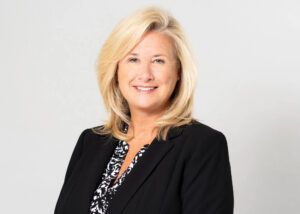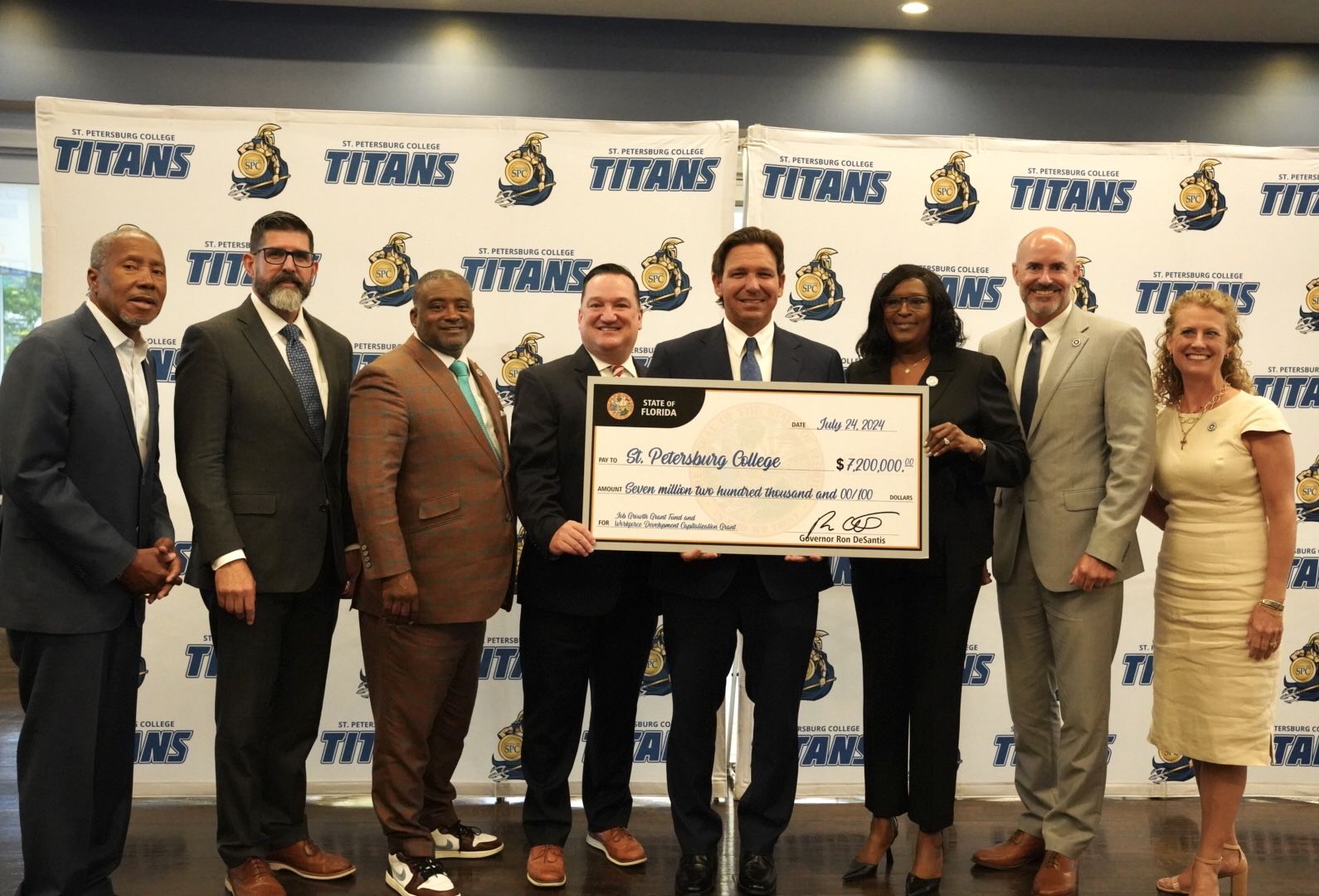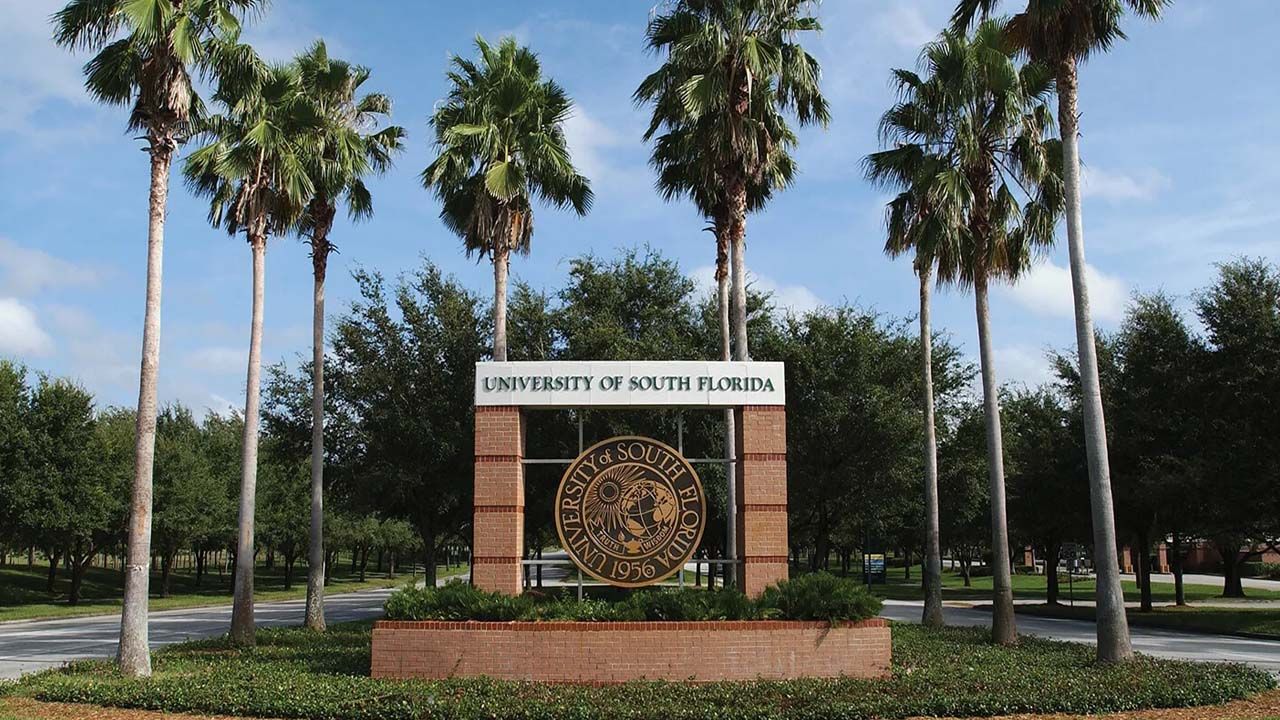Tampa Bay Business & Wealth reached out to two banking executives and a wealth management firm and asked, “What should our readers know about the financial services industry in 2023?” These are their answers in their own words.
Brian Barker
Chief investment officer, SouthState Bank

When I think about 2023, a quote by famed investor Warren Buffet comes to mind: “You only find out who is swimming naked when the tide goes out.”
I say this because we are in a time when the monumental monetary support for the COVID-afflicted economy is being withdrawn at such a significant rate that it is akin to ‘the tide going out’.
The risks of COVID itself are greatly diminished, however, the shortages, supply chain logistics and labor shortages have left the United States, and much of the western world, with an unacceptably high rate of inflation.
The Federal Reserve is an institution which, by mandate, is tasked with fighting inflation. But the Fed does not control the supply side of the economy, only demand. If supply will not come up to meet demand, then demand must fall to meet supply. Purposefully bringing demand down is another way of saying the economy will be in recession.
The support that is being withdrawn via the Federal Reserve can be seen twofold. First, the zero-percent interest rate environment of COVID has drastically shifted with the U.S. Fed Funds rate (the rate at which commercial banks borrow and lend their excess reserves to each other overnight) increased to a 4.25-4.5% range. This has the effect of increasing the cost of capital for borrowers from the banking industry.
The second support that is being withdrawn is the amount of money in the economy. When COVID struck, the Federal Reserve instituted extraordinary measures to support the U.S. economy.
One of those ways was to institute quantitative easing that increased the Federal Reserve balance sheet to nearly $9 trillion dollars. The Fed’s balance sheet is constituted of primarily U.S. Treasury debt and U.S. agency debt (mortgages). The Fed bought these bonds with newly created money, which had the effect of further lowering interest rates (especially longer-term interest rates) by overwhelming bond supply with newly created demand and injecting cash into the economy to try to thwart financial panic. We are now in the phase where the Federal Reserve is allowing the bonds on its balance sheet to mature; as they mature, they retract cash from the economy equal to the value of the bonds.
The Federal Reserve has communicated several times their belief that they can manufacture a “soft landing” for the economy to combat the persistent inflation we are facing. Whether we achieve a soft landing or something more akin to a full-blown recession is yet to be determined, but signs of decreasing economic activity are already reflected in the latest economic numbers from late December 2022, such as housing data and unemployment figures.
The bottom line is this — risks to economic growth skew to the downside currently and are likely to continue to do so for the first half of 2023. With restrictive monetary policy inflation is, and should continue to come down. But the cost is likely to be some degree of a recession and declines in U.S. job counts, given what the Fed must do to create more economic demand slack.
There are several positive items that could help limit the damage in a 2023 recession.
There remains some excess cash saving left over from the fiscal stimulus which came about in response to the pandemic. Additionally, the U.S. labor market is so tight that there are nearly two job openings for every unemployed person. The Fed’s hope is that they can destroy job openings before destroying too many jobs. Perhaps China’s recent reopening and reversal from a zero COVID policy can help global growth later in 2023, as well.
Another piece of good news is that Florida, in general, and the greater Tampa area, specifically, continued to exhibit strong economic activity late into 2022. A higher cost to carry debt and less liquidity will affect everyone, but the strong economic activity of the southern U.S. will provide an additional cushion not afforded other parts of the U.S. or, virtually, of the entirety of Europe.
As always, there are one-off events that could matter in the short run, especially given today’s heightened geopolitical tensions. Eventually, the Fed should feel less urgency as inflation continues to wane and head into the 3% range, late in 2023 or early 2024. That is key for getting past the downside risk to U.S. economic growth and corporate earnings – but we’re still in a ‘tide is going out’ backdrop, as we start 2023.
Patti DuBuque
Executive vice president and director of association banking, Encore Bank

Over the last decade, the banking industry has undergone massive reconstruction. What began as incremental changes, as a result of emerging technologies, shifting client expectations and tightening regulations have now evolved into significant transformations required for banks to remain agile and competitive. In recent years, amid a fragile economy and the lingering effects of the pandemic, those in the industry have felt even greater pressure to shore up their digital technologies and add value to their products and services.
Going into 2023, economic uncertainties such as rising interest rates, inflation, supply-chain disruptions and Russia’s invasion of Ukraine remain top of mind for industry leaders as they plan and adjust for the future.
While the banking industry is facing numerous challenges, there is good news for you as a banking customer: banks are more eager than ever to compete for your business. With that said, now might be a good time to shop around for the best bank for your needs.
As a banking customer, you should expect excellent service. When selecting a bank, I recommend taking into account the following key factors, which I believe have the greatest potential impact on your overall experience.
• People: Employees are a company’s most valuable asset, and due to labor shortages, businesses of all sizes are finding it more difficult to recruit and retain employees. This is a serious strategic challenge for businesses. Those who are successful in attracting top talent, on the other hand, reap the benefits and have a significant strategic advantage over the competition. When selecting a bank, make sure it has talented, experienced bankers you can rely on for your banking needs.
• Technology and innovation: The banking industry will continue to be shaped by technology and innovation. Many banks now provide a range of digital banking solutions, such as mobile banking apps and online banking portals. This allows customers to bank the way they want and helps banks provide a better customer experience. Even the most tech-savvy clients want to have a relationship with their banker so they can get personal guidance, and assistance, with things like complex transactions and financial planning. Technology [is not] a replacement for the personal experience but rather as a means to enhance it.
• Products and services tailored to your needs: Banking can be extremely complex. That’s why it is important for you to have a relationship with your banker. I recommend working with a banker who has served clients with similar needs to yours. Assume you are starting a business and need to find a commercial banker. It is a good idea to find a banker who has worked with clients in your industry. You want a banker who understands your situation and anticipates your needs.
Sonya Ranker
Tampa division president, Questmont Strategic Wealth Advisors

This is going to be an interesting year.
One of the things that we counsel all our clients on is to always have a lot of cash on hand, especially if you’re walking into a volatile situation.
You will want to make sure that you have reserves. I recommend a year or two, if possible, of living expenses, in cash. This is so if an emergency arises, you can take advantage of a market dip, which we’ve already seen in 2022. Having cash on hand allows you to maximize the situations instead of suffering for it.
Think back to 2008 and 2009, imagine if you had two years of living expenses in cash? That money would have grown exponentially, and you’d be sitting in a very different position now. Meanwhile, most people were just trying to get by during that time. If you have cash, you can take advantage of opportunities.
Over the last decade, we were able to take advantage of opportunities through leverage because interest rates were so low. Now, you’re looking at 7% to 8% interest rates. That’s a very high bar that you must get over to make that leverage work.
Over the course of time, buying a good basket of equities is going to serve you well. You just must have patience and the ability to stomach the volatility.
The fact that we have such gridlock in Washington right now is a brilliant thing. Markets love certainty. And the only thing certain that comes out of Washington, D.C., is when we know nothing will get done. Even bad policy, if it’s certain that corporations and companies know the ground rules, and they know that those aren’t going to shift under their feet, they can figure out ways around that to be profitable and successful. But if the rules are changing because of new legislation or new policies, that’s uncertainty and they don’t like that. ♦















